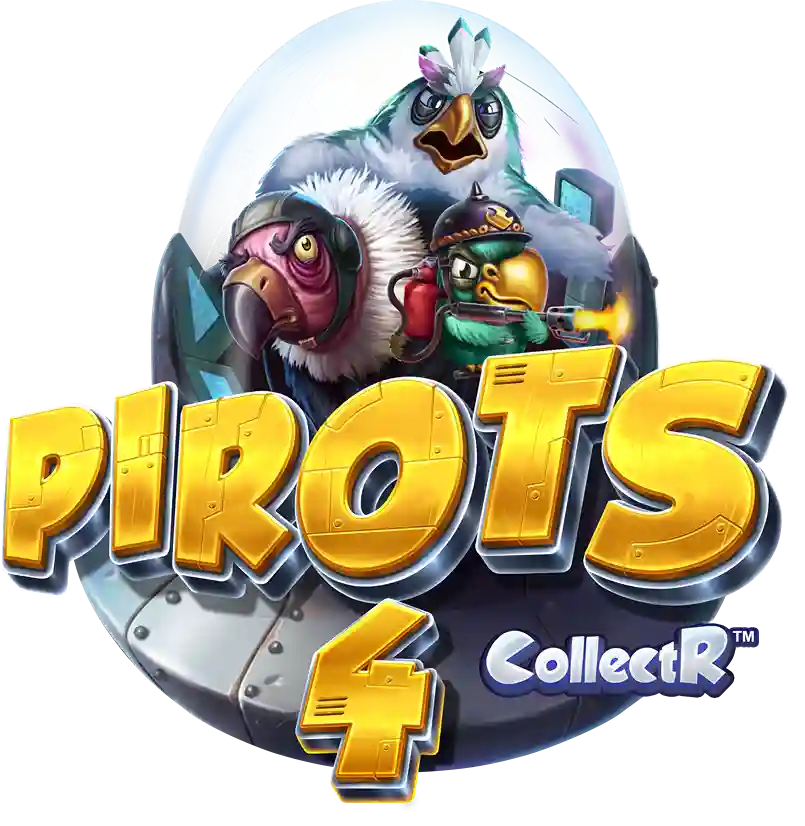Responsible Gambling
Pirots 4 supports the principles of responsible gambling and adheres to best practices aimed at protecting individuals from gambling-related harm. While we are not a gambling operator, we believe it is essential to raise awareness about the risks of gambling addiction and provide access to self-help tools and support resources.
Age Restrictions
In accordance with applicable laws, participation in any form of gambling is strictly limited to individuals aged 18 or older. If you are under this age, please leave the site immediately.
We strongly encourage parents and guardians to use parental control tools to prevent minors from accessing gambling-related content.
Principles of Responsible Play
Gambling should be viewed as a form of entertainment — not a way to earn money. To avoid risky behavior, we recommend following these guidelines:
- Only play with money you can afford to lose. Gambling is not a financial solution.
- Set a budget. Decide in advance how much you’re willing to spend and stick to it.
- Set time limits. Ensure gambling does not interfere with your personal or professional life.
- Don’t chase losses. Trying to win back lost money can lead to greater losses.
- Avoid gambling when stressed, depressed, or under the influence of alcohol or medication.
- Never borrow money to gamble. Debt is a serious indicator of potential gambling addiction.
- Keep track. Monitor the time and money you spend on gambling activities.
Warning Signs of Gambling Addiction
Gambling addiction (also known as compulsive gambling or "ludomania") may include:
- Constant thoughts about gambling, planning bets, or anticipating the next opportunity
- Increasing the size of bets to maintain the same level of emotional excitement
- Inability to stop, even after losing interest or incurring losses
- Hiding the amount of time or money spent on gambling from loved ones
- Neglecting work, school, or social life due to gambling
- Using gambling as an escape from anxiety, depression, or stress
- Attempting to recover losses, leading to further financial problems
If you recognize these signs in yourself or someone close to you — seek help without delay.
Support & Assistance
Individuals affected by gambling problems have access to free psychological and social support through national or local mental health services. Support options may include:
- One-on-one sessions with a psychologist
- Cognitive Behavioral Therapy (CBT)
- Family support programs
- Peer-support groups such as Gamblers Anonymous
Final Note
We are committed to encouraging a responsible approach to gambling — even when our site is purely informational. Remember: gambling is not a way to solve problems — it is entertainment, and like all entertainment, it should have boundaries. If you feel that your gambling behavior is out of control, take action now. Help is available.
